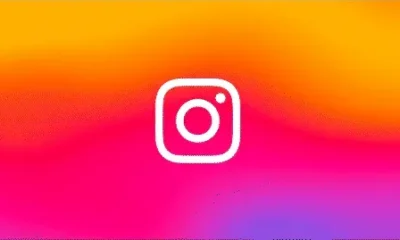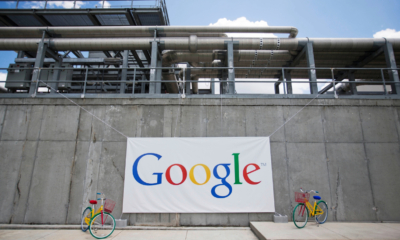SOCIAL
Valentino and Dior bet on K-pop amid China tensions. Will it pay off?

Since January, Suga has been part of Valentino’s ambassadors called Di.Vas, short for Different Values, and will appear in a campaign in collaboration with GQ across print, online and social media. “He has the capacity to express all the values of the brand and of a generation he speaks for in his spontaneous and contemporary way. Each Valentino Di.Vas plays a key role in sustaining the new vision of the company,” according to Valentino.
In China, it’s a different story. When South Korea deployed a US Terminal High-Altitude Area Defense (Thaad) anti-missile system in August 2016, Beijing’s policymakers were angered. Chinese officials viewed the Thaad deployment as another American effort to contain China, while South Korea argued that the shield was for protection against North Korea’s nuclear threat. In retaliation, China took aim at South Korea by banning its prized cultural exports, such as TV shows and music.
Throughout 2021, the Chinese government strengthened regulation of the entertainment industry to “reduce frenzied idol worshipping” of celebrities. In September that year, 22 fan accounts, including those of BTS, were suspended by Chinese social media network Weibo for what it called “irrational star-chasing behaviour”. China’s National Radio and Television Administration (NRTA) also instructed broadcasters to ban television appearances of 娘泡 (niang pao) — a derogatory term for androgynous or effeminate men. The move was widely viewed as a measure to antagonise K-pop, since Korean male stars are often known for their pretty looks.
In November 2022, Chinese tech giant Tencent unexpectedly resumed the online streaming of South Korean movie Hotel by the River, prompting speculation around whether China may lift its ban on Korean entertainment. Today, there isn’t a flat ban on hallyu — or the Korean wave, used in relation to Korean culture — in China, but local media may omit K-pop activities out of respect for their country, says Elisa Harca, co-founder and Asia CEO of Red Ant Asia, a marketing agency that works with global brands including Balmain and Byredo to navigate China.
Luxury may be turning to Korean stars as “an act of risk control”, says Jasmine Zhu, managing partner of Epico Partners, a Hong Kong-based growth consultancy. Korean nationals are now the world’s biggest spenders per capita on personal luxury goods, with an average spend per year of $325, according to a report published by Morgan Stanley this month. It’s far more than the $55 and $280 per capita currently spent by Chinese and American nationals, according to the investment firm’s estimates. “[Brands are] deprioritising China as a result of the country’s Covid policies, lockdowns and economical instabilities in recent years,” says Zhu.
Korea’s enduring appeal
Enhypen generated $7.2 million in earned media value (EMV) — nearly a quarter of Prada’s overall EMV of $31.6 million, making them “the most impactful influencers” at Milan men’s fashion week, according to Hugo Ramos, brand analyst at influencer and analytics firm Lefty. The outsized attention that Enhypen has been able to bring is indicative of why luxury brands are partnering with Korean talent. K-pop stars have broad appeal outside of their home country; and as a relatively new genre, they also appeal to a very young audience — an increasingly important demographic for luxury brands.


















You must be logged in to post a comment Login